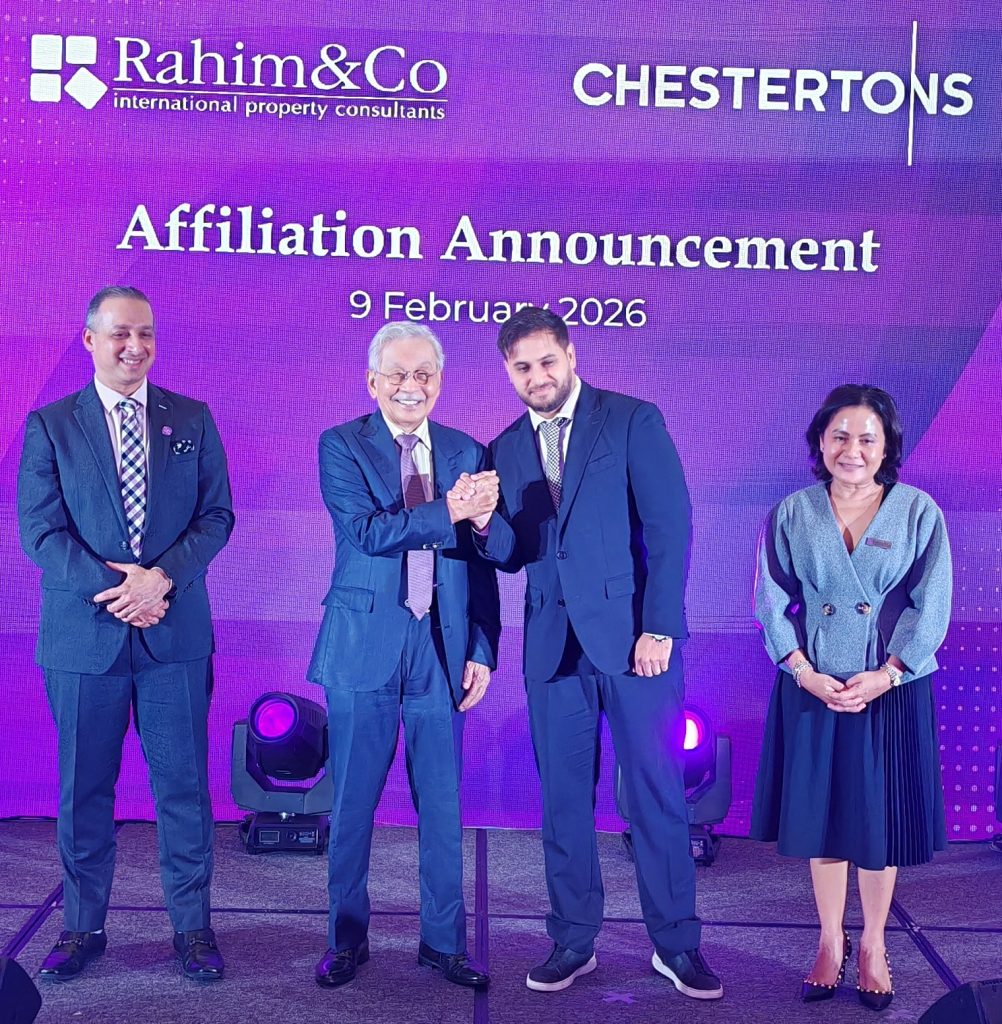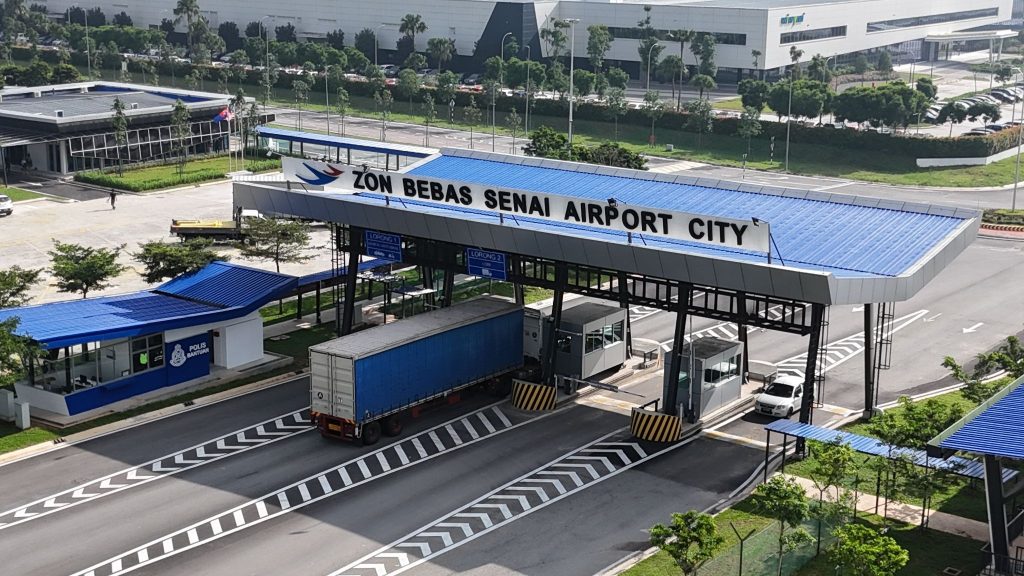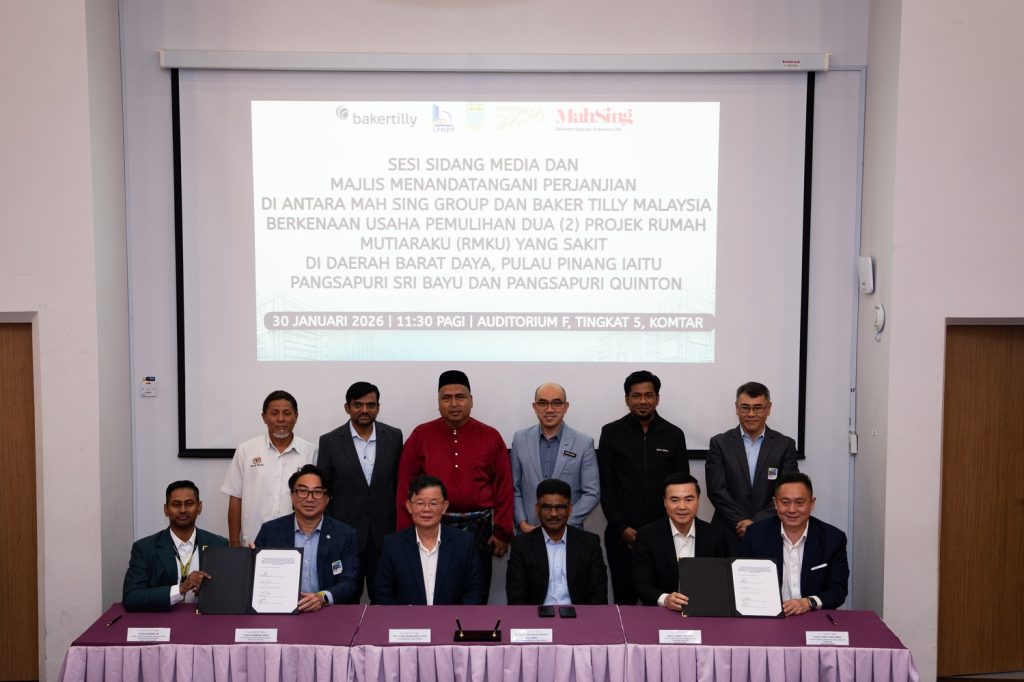By Joseph Wong
In a move that has been described by industry insiders as a full-blown national crisis, authorities recently issued a directive suspending companies that provide direct coach and bus services to Malaysia’s major shopping malls. This action, which cuts the direct link between retail centres and outstation or international tourists, has immediately placed the country’s tourism and retail sectors on a collision course with bureaucracy.
The reaction from the commercial ecosystem, specifically, the hotels and malls, was swift and dramatic. A joint media release issued by a powerful coalition of industry associations, including the Malaysia Association of Hotels (MAH), the Malaysia Shopping Malls Association (PPK) and the BB-KLCC Tourism Association, suggests that the decision is more than an operational headache; it is an economic and existential threat to a carefully cultivated system of cross-border retail tourism.
The associations contend that these direct coach routes are the seamless umbilical cord connecting Malaysia's retail hubs with high-value, free-spending tourists, most notably from Singapore and Thailand. If the collective sound of silence from a thousand retail cash registers could be quantified, the industry believes it is currently taking place.
The anatomy of the migration halt
For over 15 years, the Malaysian shopping mall has evolved beyond a purely retail function, quietly transforming into a de facto international transport hub. Since 2006, iconic locations across the Klang Valley, including 1Utama, Sunway Pyramid, Berjaya Times Square, Nu Sentral and the vicinity of Suria KLCC, have functioned as high-end, comfortable coach terminals. This model extends north, where Queensbay Mall in Penang serves a similar critical function.
This infrastructure supports a highly valuable demographic - the Free and Independent Traveller (FIT). Tourism data highlights the financial muscle of this group, with Singaporeans alone comprising the majority of visitors, 95% of whom travel as FITs, ready to spend.
The suspension of the coach services is perceived by the industry as a catastrophic self-sabotage, akin to telling a gold prospector they can no longer use the road that leads to the mine. The retail sector relies heavily on this direct traffic stream, which is estimated to deliver around 20,000 passengers per month directly onto retail floors. For every bus suspended, the industry sees a corresponding loss of impulse purchases, immediate dining revenue and hotel bookings.
Malls: A strategic waiting environment
The core of the industry's argument rests on the idea that the mall stop is a strategic asset, not just a matter of convenience. As the associations outlined, the difference between waiting for a long-haul bus at a dedicated mall terminal versus an unsheltered roadside stop is the difference between an extended shopping opportunity and a stressful travel delay.
The key advantages of the mall stops, according to the joint release, include:
- Global recognition: Malls are highly recognisable, globally popular meeting points that require no complex navigation for international tourists.
- Integrated logistics: The direct drop-off facilitates a seamless transition for passengers connecting immediately to nearby hotels, convention centres or event spaces, removing friction from the tourist experience.
- The civilised wait: Malls offer superior waiting environments, providing essential comforts such as air-conditioned restrooms, food courts, free Wi-Fi and shelter from the weather, turning transit time into retail time.
- Enhanced safety and security: The controlled environment of a mall provides a higher level of security, an invaluable factor for tourists, seniors and students who rely on public transport.
- Support for the non-driving population: The services are a critical lifeline for demographics that cannot or choose not to drive, ensuring market access for a broader segment of consumers and travellers.
The symbiotic profit machine
The benefits of the coach services flow both ways, creating a symbiotic Cross-Benefit Dance that fuels the broader tourism economy. The industry highlights that the coach lines act as a magic funnel, extending the malls' catchment reach by connecting suburban and regional populations directly to major urban retail centres and hotels.
Every coach passenger is an immediate retail participant, contributing significantly to enhanced retail footfall and incremental spending across dining, shopping and entertainment before or after their journey. Direct international coach access facilitates crucial shopping tourism, directly converting visitors into immediate hotel guests and consumers, strengthening the overall retail and hospitality ecosystem.
Moreover, malls often serve as prime venues for promoting Malaysia's multi-racial harmony through festive décor and cultural celebrations, providing a welcoming first impression for international arrivals.
The billion-ringgit crisis
Perhaps the most compelling argument leveraged by the industry is the disastrous timing of the suspension. The action coincides with the critical year-end holiday period and festive season extending into early 2026 and, more significantly, the lead-up to the highly anticipated Visit Malaysia 2026 (VM2026) initiative.
The government and Tourism Malaysia have invested billions in boosting the national tourism brand. The sudden disruption, estimated to affect the travel plans of thousands due to the grounding of buses, is perceived as a strategic oversight. The associations warn that this creates an international public relations disaster from which the country’s image may not recover in time for VM2026. As one could infer from the statement, the fear is that all the tremendous efforts by Tourism Malaysia are immediately wiped out by the resulting chaos and inconvenience.
It makes sense that the authorities look beyond the immediate administrative concern and recognise the vast economic and reputational stakes. The industry is effectively asking regulators to choose the Malaysian economy and its reputation as an amazing international tourist destination over the immediate enforcement action and, thereby saving the upcoming holiday season and the foundation of VM2026.
This article was first published on Starbiz7.
Stay ahead of the crowd and enjoy fresh insights on real estate, property development and lifestyle trends when you subscribe to our newsletter and follow us on social media.
















































